Reviewed by Julianne Ngirngir
Looking at Apple's recent moves in India, it's hard not to feel like we're witnessing something pretty significant unfold. The company just doubled its retail footprint in under a week—Apple Hebbal opened on September 2 in Bengaluru's Phoenix Mall of Asia, followed by Apple Koregaon Park on September 4 in Pune. What makes this timing particularly interesting is that it comes just days before Apple's "Awe Dropping" event on September 9, where the iPhone 17 series is expected to make its debut.
This isn't just about having more places to buy the latest iPhones (though that's certainly part of it). Apple's retail expansion reflects something deeper—a fundamental shift in how the company views India. We're looking at a market that has transformed from an "emerging opportunity" to what appears to be a cornerstone of Apple's global strategy.
Why these store openings matter more than you think
Here's what caught my attention about these launches: the numbers behind them reveal a market transformation that goes far beyond typical retail expansion. Apple posted strong double-digit growth in India, capturing a 7% market share in Q2 2025, while the premium segment above ₹50,000 saw Apple's market share grow by 54% year-on-year. That's not just growth—that's explosive momentum in exactly the segment where Apple's physical retail experience becomes crucial for converting browsers into buyers.
The revenue picture demonstrates why Apple is moving so aggressively to establish premium retail presence: Apple's India revenue hit a record $27.4 billion in Q3 2025, with iPhone 16 sales contributing 55% of that figure. These aren't numbers that suggest a cautious market entry—they signal full-scale commitment to capturing India's premium consumer mindset.
Both new stores showcase Apple's commitment to localization that extends far beyond product availability. Apple Hebbal's 70 team members come from 15 states across India, while Apple Koregaon Park is staffed by 68 team members from 11 Indian states. This geographic diversity isn't coincidental—it demonstrates Apple's understanding that India's tech-savvy consumers value authentic cultural connection alongside premium products. Additionally, both stores run on 100% renewable energy and maintain carbon-neutral operations, positioning Apple as a responsible premium brand in a market increasingly conscious of environmental impact.
Perfect timing for the iPhone 17 launch window
The timing here couldn't be more strategic if Apple had planned it with military precision (which, let's be honest, they probably did). Pre-orders for the iPhone 17 series are expected to start on September 12, with retail availability beginning September 19. This means customers in Bengaluru and Pune will be among the first globally to experience Apple's latest innovations in a premium store environment—a significant advantage for building initial buzz and driving early adoption.
What's particularly noteworthy about this launch cycle is how Apple is balancing premium positioning with market accessibility. The iPhone 17 series may start at Rs. 79,990 in India, maintaining competitive pricing while introducing what appear to be significant upgrades across the board. This pricing discipline suggests Apple has learned that India's premium market responds better to value demonstration than simple price cuts.
Here's where the manufacturing story becomes truly compelling: Apple has already begun assembling the iPhone 17 range in India, marking the first time every iPhone variation, including premium Pro versions, will be manufactured in India from launch. The proximity of manufacturing to these new retail locations creates a powerful synergy—customers can purchase locally-made devices in premium Apple environments, reinforcing both quality perception and national pride. Production is spread across five local factories, including Foxconn's new $2.8 billion facility near Bengaluru, meaning the Bengaluru store sits virtually next door to where many of its products are made.
Beyond retail: Apple's comprehensive India strategy
These store openings represent just one piece of a much larger puzzle, but they're the most visible manifestation of Apple's ecosystem approach yielding remarkable results. Apple's App Store in India facilitated over ₹44,447 crore ($5.31 billion) in billings and sales in 2024, with over 94% of transactions generating no commission for Apple. This massive ecosystem creates a compelling case for physical retail spaces where customers can experience the integration between hardware, software, and services firsthand.
The engagement numbers reveal why Apple's retail expansion makes strategic sense: The platform saw over 2.2 crore users visiting weekly—double what it was just three years ago. These aren't casual browsers but engaged ecosystem participants who benefit from the kind of personalized support and education that Apple Stores excel at providing through Today at Apple sessions and Genius Bar consultations.
Apple's corporate expansion complements its retail growth in ways that strengthen the overall customer experience. The company leased 64,125 sq. ft. at WaveRock Tower 2.1 in Hyderabad with a 60-month tenure and ₹4.80 crore security deposit. Importantly, Hyderabad has been Apple's largest talent hub in India since 2016, serving as a key development center for Apple Maps. This expanded corporate presence means better localized support infrastructure, faster problem resolution, and more culturally relevant product development—all benefits that enhance the retail experience.
What this means for Apple's global strategy
The numbers around India's role in Apple's supply chain diversification reveal how retail expansion supports a fundamental restructuring of global operations. Between April and July 2025, iPhones worth $7.5 billion were exported from India, compared to $17 billion for the entire previous fiscal year. This isn't just impressive growth—it demonstrates how local manufacturing creates the foundation for sustainable retail expansion by ensuring supply security and competitive pricing.
The shift in export destinations tells an even more compelling story about India's strategic importance: The US share of India's iPhone exports rose from 53% in H1 2024 to 78% by June 2025. This means India has become not just a regional manufacturing hub, but a key supplier to Apple's most important market—making the retail infrastructure investment crucial for maintaining production quality and supply chain efficiency.
The investment commitment underscores Apple's long-term vision: Apple is investing $2.5 billion to boost production capacity from 40 million to 60 million units annually, with much of the additional output destined for export, particularly to the United States. In a fascinating transformation, Tim Cook has noted that the majority of iPhones sold in the US last quarter were imported from India—making India's retail success crucial for validating the quality and desirability of products now serving Apple's global customer base.
The road ahead: more stores and deeper integration
Apple's retail ambitions in India clearly extend well beyond these initial four locations. Reports suggest Apple is targeting six Indian stores by end-2025, with additional stores planned for Delhi NCR and Mumbai regions. Apple is also planning a new store at DLF Mall of India in Noida, though that location hasn't been officially announced yet. This expansion pace suggests Apple views retail infrastructure as essential for capturing India's growing premium market.
The services growth trajectory supports continued retail investment: Apple's services segment has seen explosive growth, with paid subscriptions in India surging by double digits in 2025. Physical stores become increasingly valuable as service attachment rates grow, providing venues for device setup, troubleshooting, and ongoing education that drive customer loyalty and recurring revenue.
Looking at the broader financial picture, Apple's India operations are projected to generate $15 billion annually, representing a 36% revenue increase from FY2023-24. This trajectory, combined with India representing one of the largest untapped smartphone markets in the world, creates a compelling case for continued retail expansion. Apple's comprehensive strategy—integrating local manufacturing, premium retail experiences, robust corporate infrastructure, and ecosystem development—positions the company to convert India's massive market potential into sustained revenue growth.
The timing of these store openings, just days before the iPhone 17 launch, demonstrates Apple's confidence in India's market transformation and its commitment to treating Indian customers as first-class citizens in the Apple ecosystem. With manufacturing capabilities that now rival those anywhere in the world, a rapidly growing base of engaged ecosystem users, and an expanding network of premium retail touchpoints, Apple appears to have found in India not just another market, but a genuine strategic partner for its global ambitions.




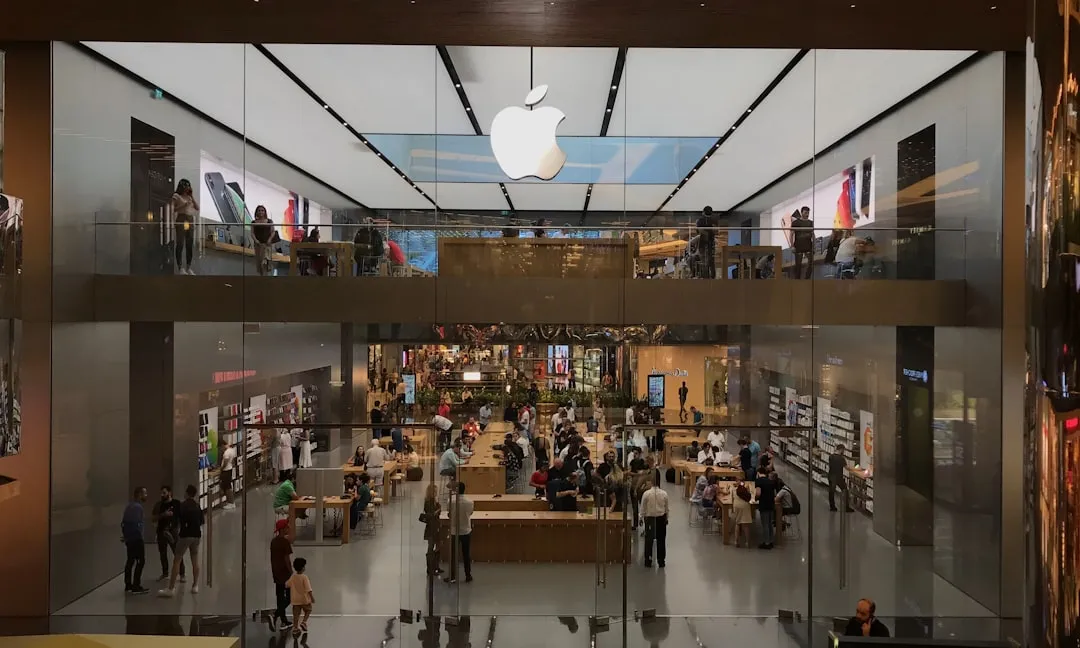
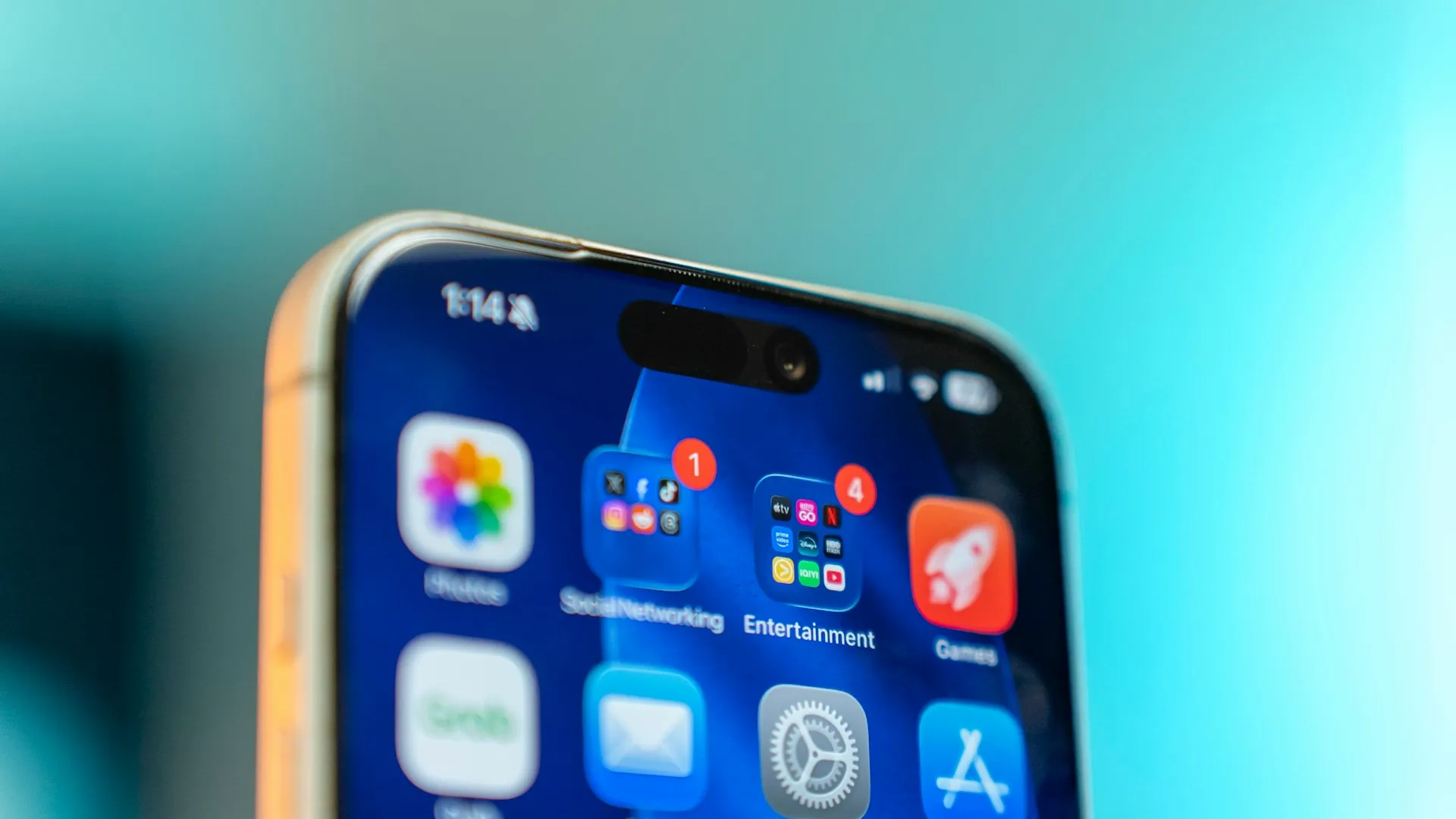
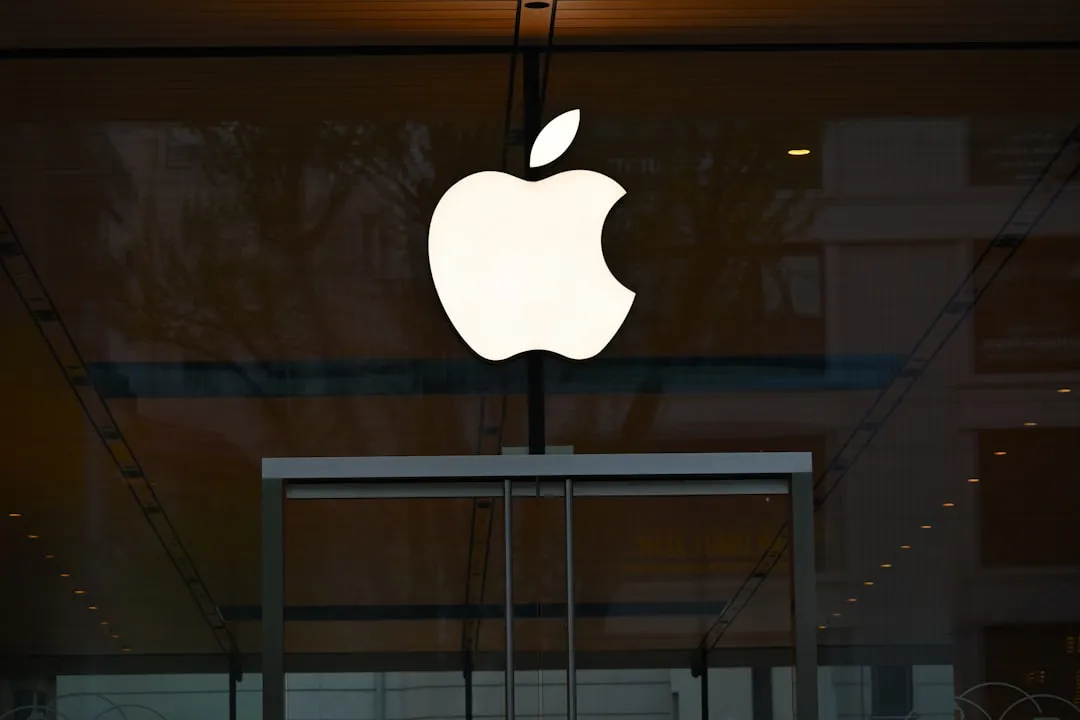

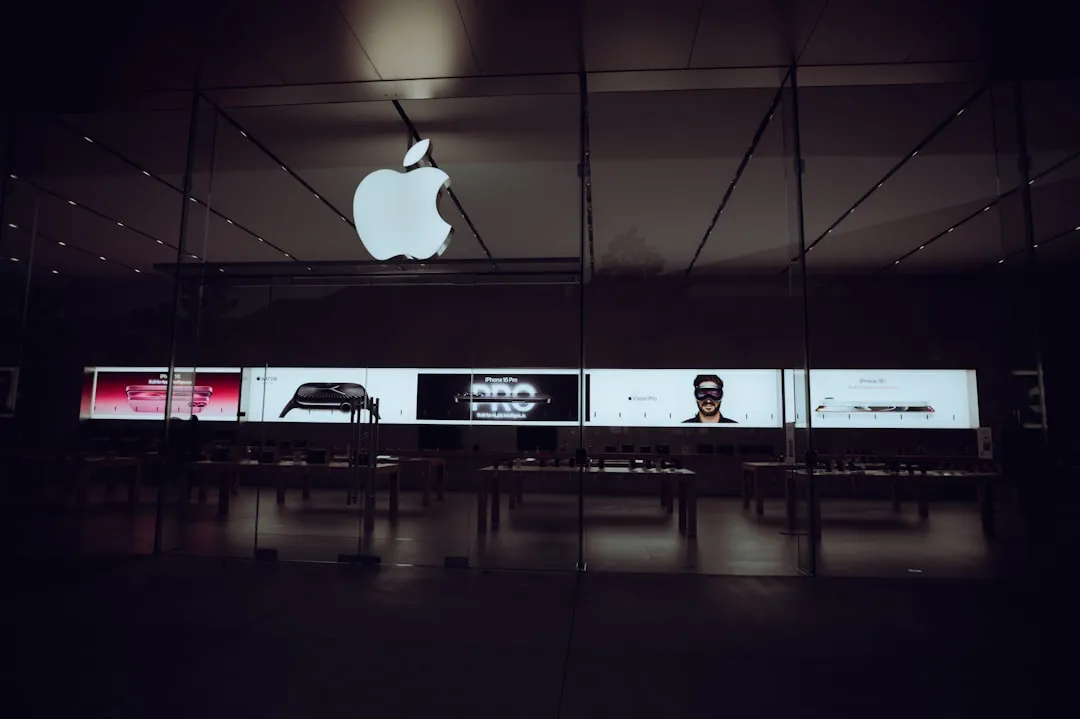
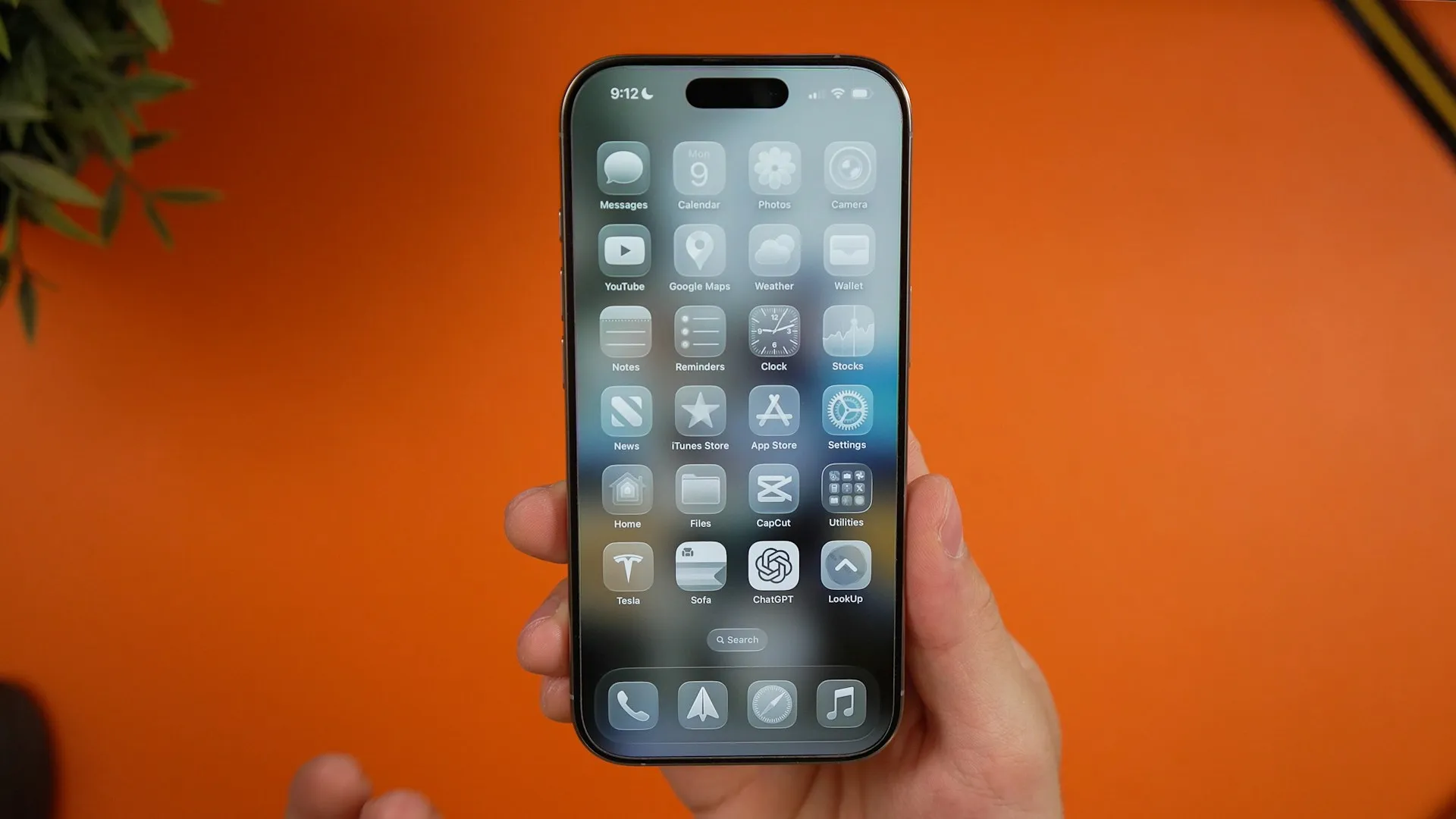



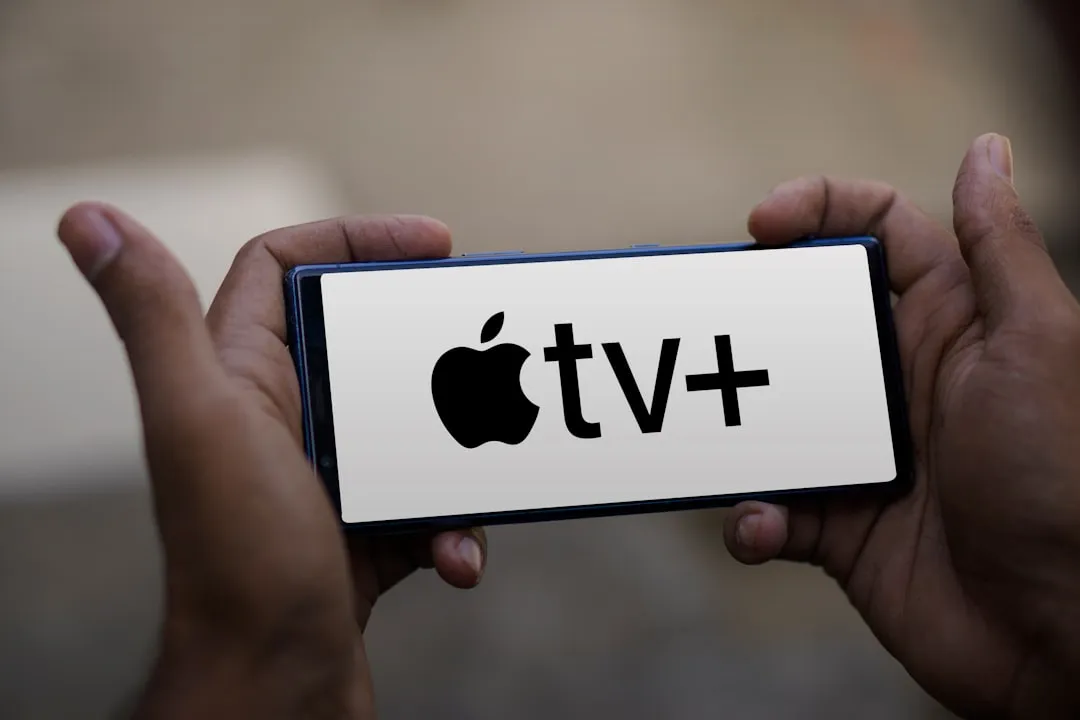





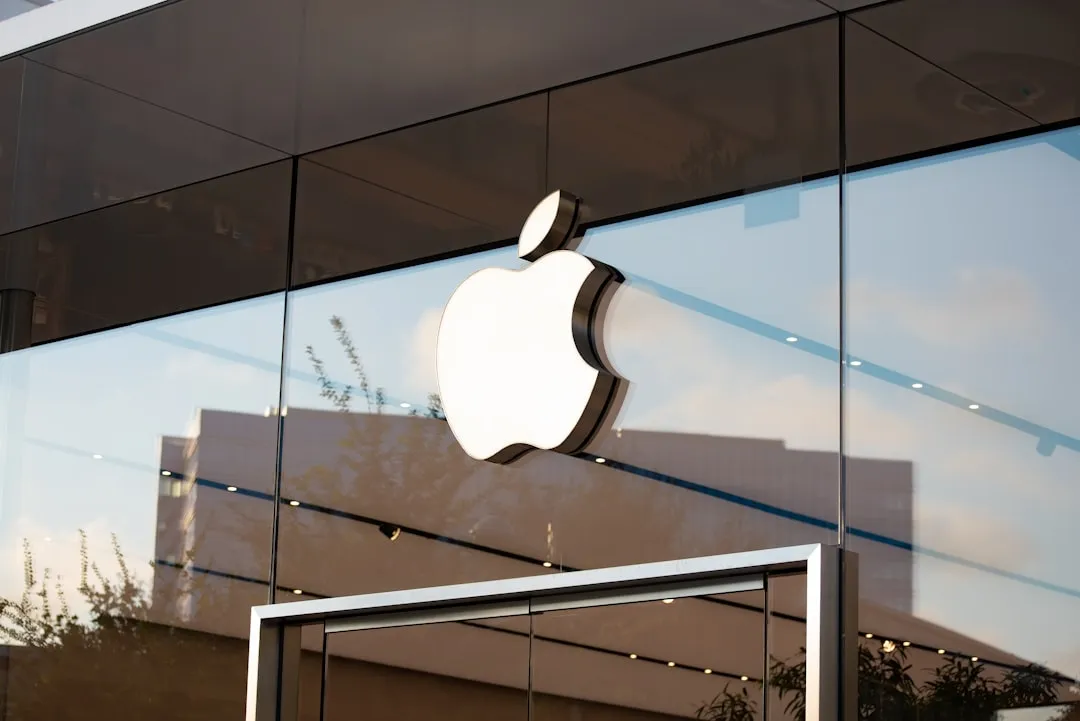

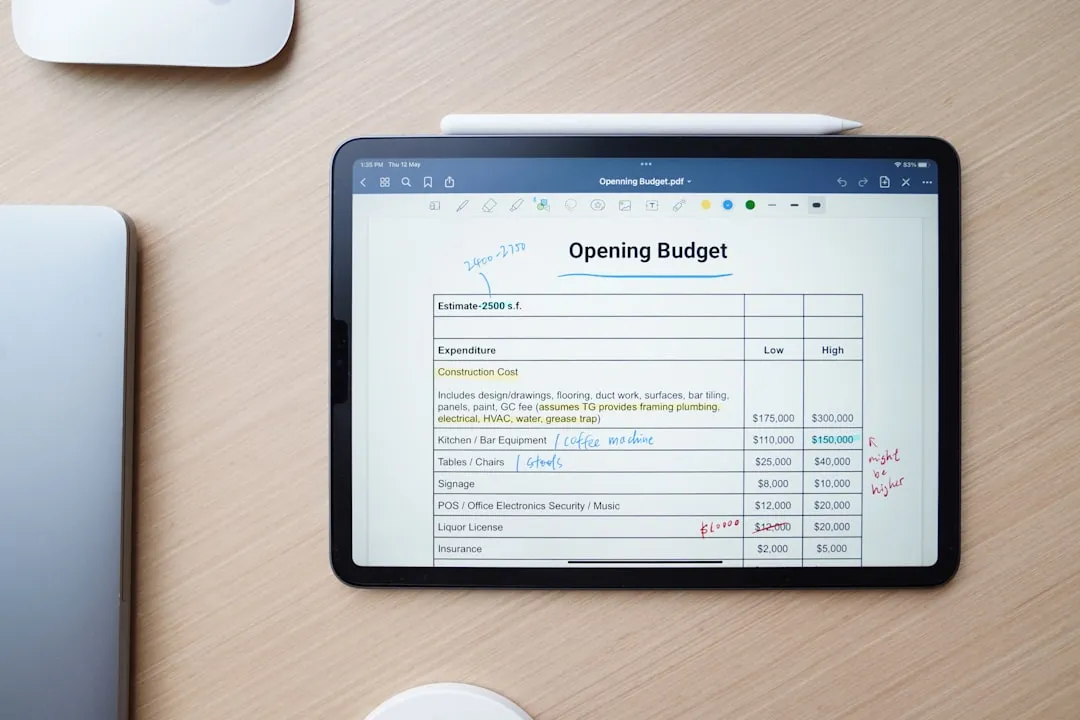
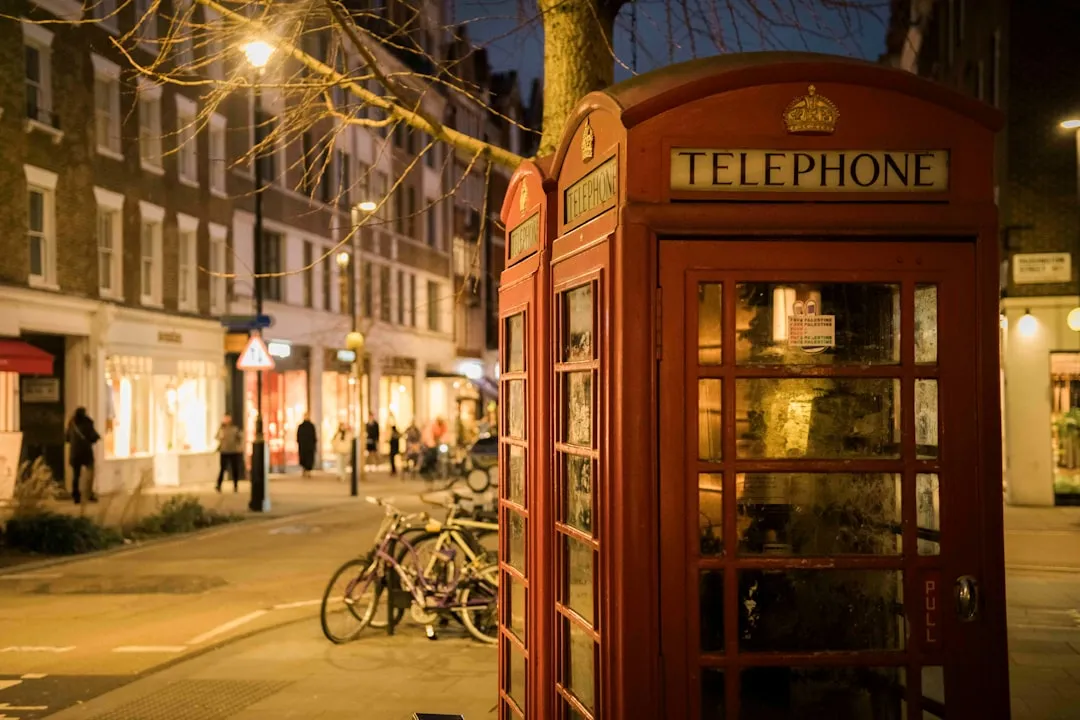
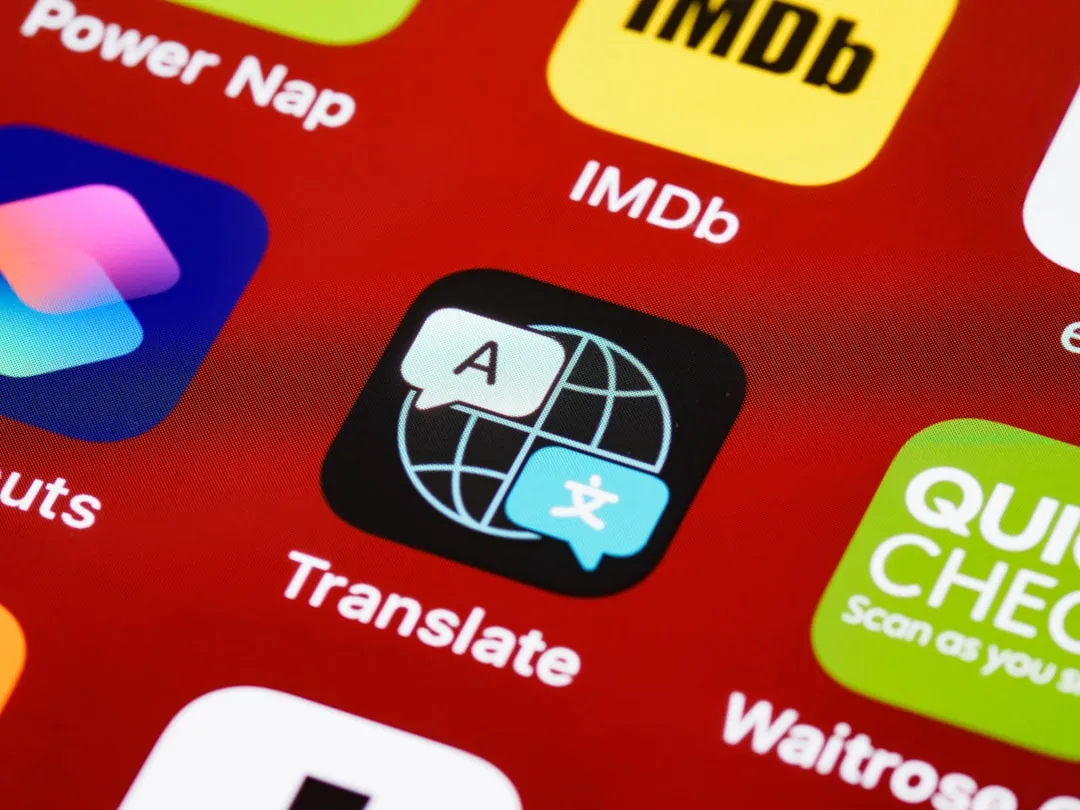
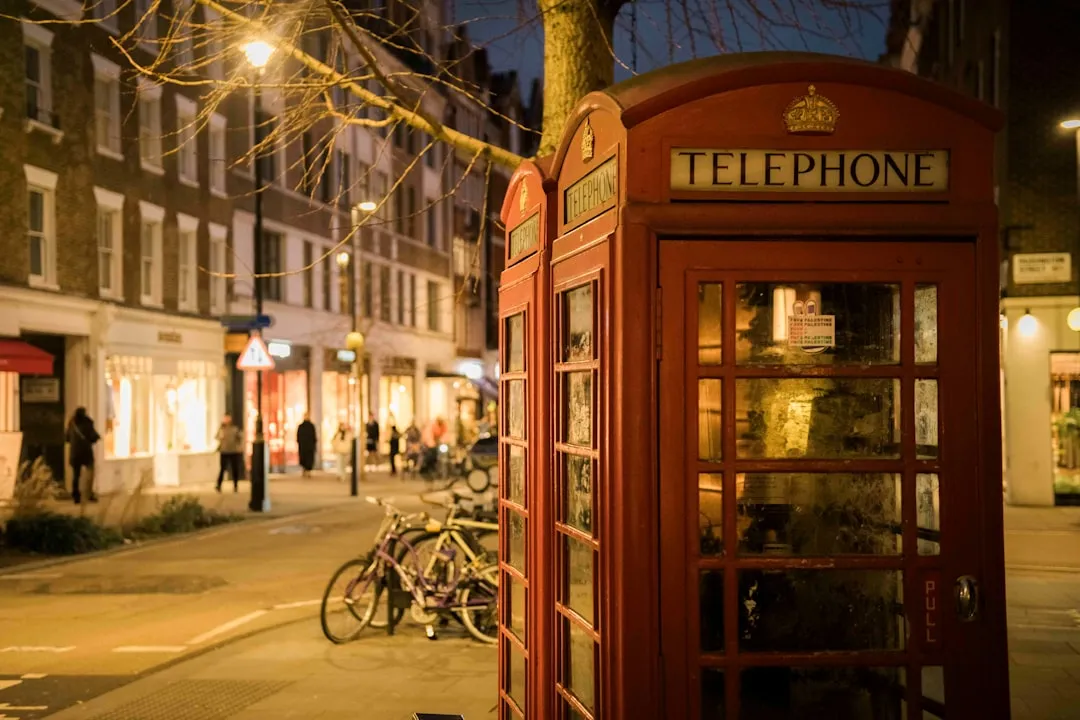
Comments
Be the first, drop a comment!